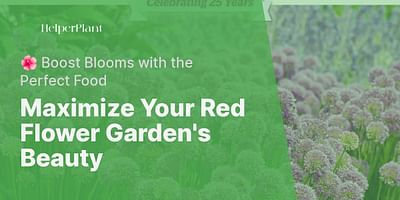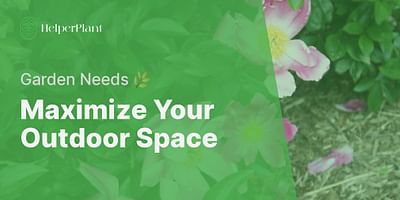Maxwell is a botanist and researcher who specializes in plant interactions. He has published numerous papers on the subject and is always looking for new ways to improve plant growth. In his free time, he enjoys playing chess and reading science fiction.
Flowers play a vital role in the life of a plant. They are not just beautiful to look at; they serve a crucial purpose in the plant's reproductive process. In fact, without flowers, many plants would not be able to reproduce and continue their species. Let me explain why flowers are so important in plants.
Reproduction: Flowers are the reproductive organs of a plant. They contain both male and female parts, allowing plants to reproduce sexually. The male part of the flower, called the stamen, produces pollen, which contains the plant's sperm cells. The female part, called the pistil, contains the ovary, where the plant's eggs are located. When a flower is pollinated, the pollen from the stamen travels to the pistil, fertilizing the eggs and enabling the plant to produce seeds. These seeds are essential for the survival and propagation of the plant species.
Pollination: Flowers attract pollinators such as bees, butterflies, birds, and other insects. These pollinators are attracted to the flowers by their vibrant colors, enticing scents, and sweet nectar. As they visit the flowers in search of food, they inadvertently transfer pollen from one flower to another. This transfer of pollen is called pollination and is crucial for the fertilization of the plant's eggs. Without pollinators, many plants would not be able to reproduce and produce the fruits and seeds we rely on for food.
Biodiversity: Flowers contribute to biodiversity by attracting a wide range of pollinators. Different flowers have different shapes, colors, and scents, which attract specific pollinators. This diversity in flower characteristics ensures that a variety of pollinators are attracted to the area, increasing the chances of successful pollination. By promoting biodiversity, flowers support the health and resilience of ecosystems.
Companion Planting: Flowers also play a significant role in companion planting. Certain flowers, such as marigolds, attract beneficial insects like ladybugs and lacewings, which prey on garden pests like aphids. By planting flowers alongside vegetables or other plants, you can create a more balanced and pest-resistant garden. Additionally, some flowers, like nasturtiums, can act as trap crops, attracting pests away from your desired plants.
In conclusion, flowers are essential for the reproduction of plants. They attract pollinators, facilitate pollination, and ensure the production of seeds. Flowers also contribute to biodiversity and can be used in companion planting to support a healthy garden ecosystem. So, the next time you admire a beautiful flower, remember its crucial role in the life of a plant.















